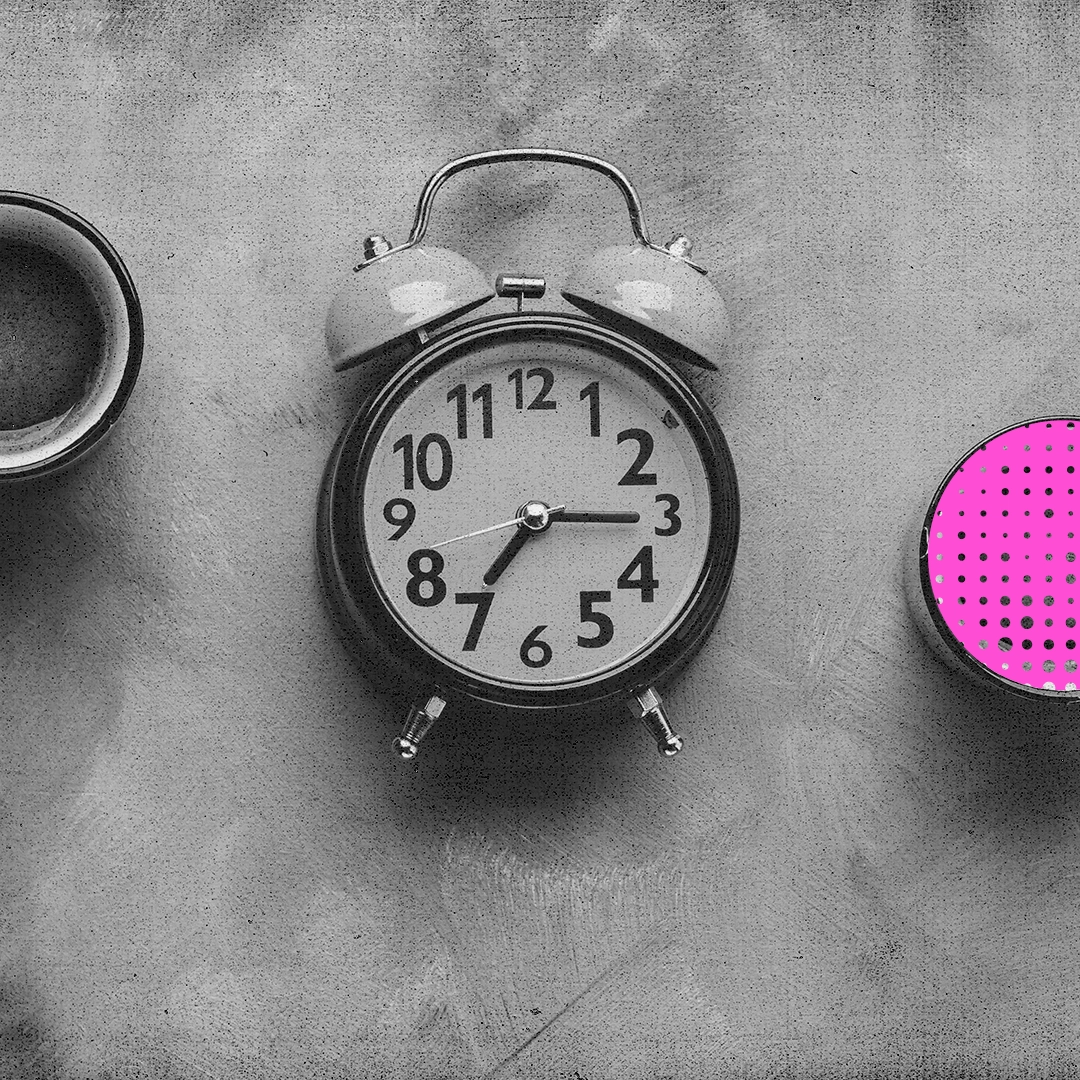This is Part 9 of our series on "The creative industry's relationship with time". If you missed it, read part 8 here.
“Creativity doesn’t live in the calendar. It lives in the cracks.”
— John Maeda, designer and technologist
After exploring the complex, often contradictory and imperfect balance of time in creative agencies, we arrive at a simple truth: the problem isn't time itself, but our relationship with it. Through examining the tensions between truth and lies, emotion and rationality, carrots and sticks, motivation and demoralisation, liberation and suffocation, productivity and reflection, control and chaos, a pattern emerges.
The agencies that thrive won’t be those that have "solved" time tracking and time management—they're the ones that will have learned to dance with time's inherent contradictions rather than fight against them.
The real problem isn’t time
Let's be honest. Most of the time tracking systems I've encountered in my 25 years in this industry are fundamentally broken. Not because the technology is bad or the intentions are wrong, but because they're built on a flawed premise: that creative work can be measured like manufacturing output.
With (hopefully, and understandably) a fair bias I think we’ve done a pretty good job at making the time-tracking a lot more rewarding, usable and less sucky, but only if it’s used in a positive and proactive way.
But business cultures have to overcome the industrial-age thinking about time and trying to apply it to knowledge work. It's like trying to measure the ocean with a ruler—technically possible, but missing the point entirely.
The real problem isn't that we don't have enough time or that we're not tracking it accurately enough. The real problem is that we've created cultures where time has become the enemy of creativity rather than its partner.
When your team groans at the mention of timesheets, when people are gaming the system to avoid punishment, when the data you're collecting is more fiction than fact—you don't have a time tracking problem. You have a management and culture problem.
What we’ve learned
Through our exploration of time's paradoxes, several key insights emerge:
- Truth beats lies, every time: The short-term comfort of fudged timesheets and optimistic estimates always gives way to the long-term pain of unsustainable business practices. The agencies that succeed are those brave enough to face the truth about how work actually gets done.
- Emotions drive behaviour more than logic: You can have the most rational time tracking system in the world, but if it makes people feel micromanaged, distrusted, or devalued, it will fail. Successful systems acknowledge and work with human psychology rather than against it.
- Carrots work better than sticks: Fear-based approaches to time tracking create compliance, not engagement. The agencies seeing real success are those that help their teams understand what's in it for them.
- Motivation comes from meaning: When people understand how time tracking connects to better work, more sustainable practices, and professional growth, they become partners in the process rather than reluctant participants.
- Constraints can liberate: The right time boundaries don't stifle creativity—they focus it. But those boundaries must be meaningful and connected to the work itself, not arbitrary administrative requirements.
- Reflection is as valuable as production: The best agencies recognise that thinking time, exploration time, and processing time aren't luxuries—they're essential ingredients in creating work that matters.
- Balance beats extremes: The answer isn't perfect control or complete chaos, but finding the dynamic balance that serves both business needs and creative excellence.
A new framework: time as a currency for investment
Instead of treating time as something to be conquered, controlled, endured or spent, what if we approached it as a positive investment? This shift in perspective changes everything.
When time becomes a currency for investment rather than an adversarial cost:
- Constraints become creative catalysts rather than limitations
- Deadlines become focusing mechanisms rather than sources of stress
- Time tracking becomes a tool for insight and reflection rather than surveillance
- Efficiency becomes about doing better, more rewarding work, not just faster work
- Planning becomes about creating conditions for success rather than predicting exact outcomes
This approach recognises that creative work is an investment, not a cost. When we look at investments, our aim is to create value, not expend resources.
















